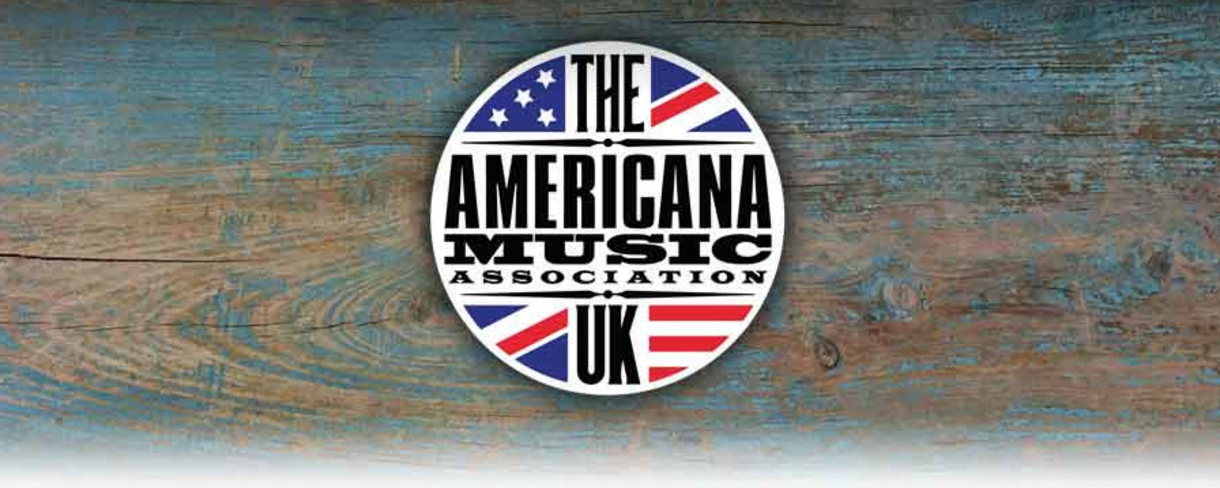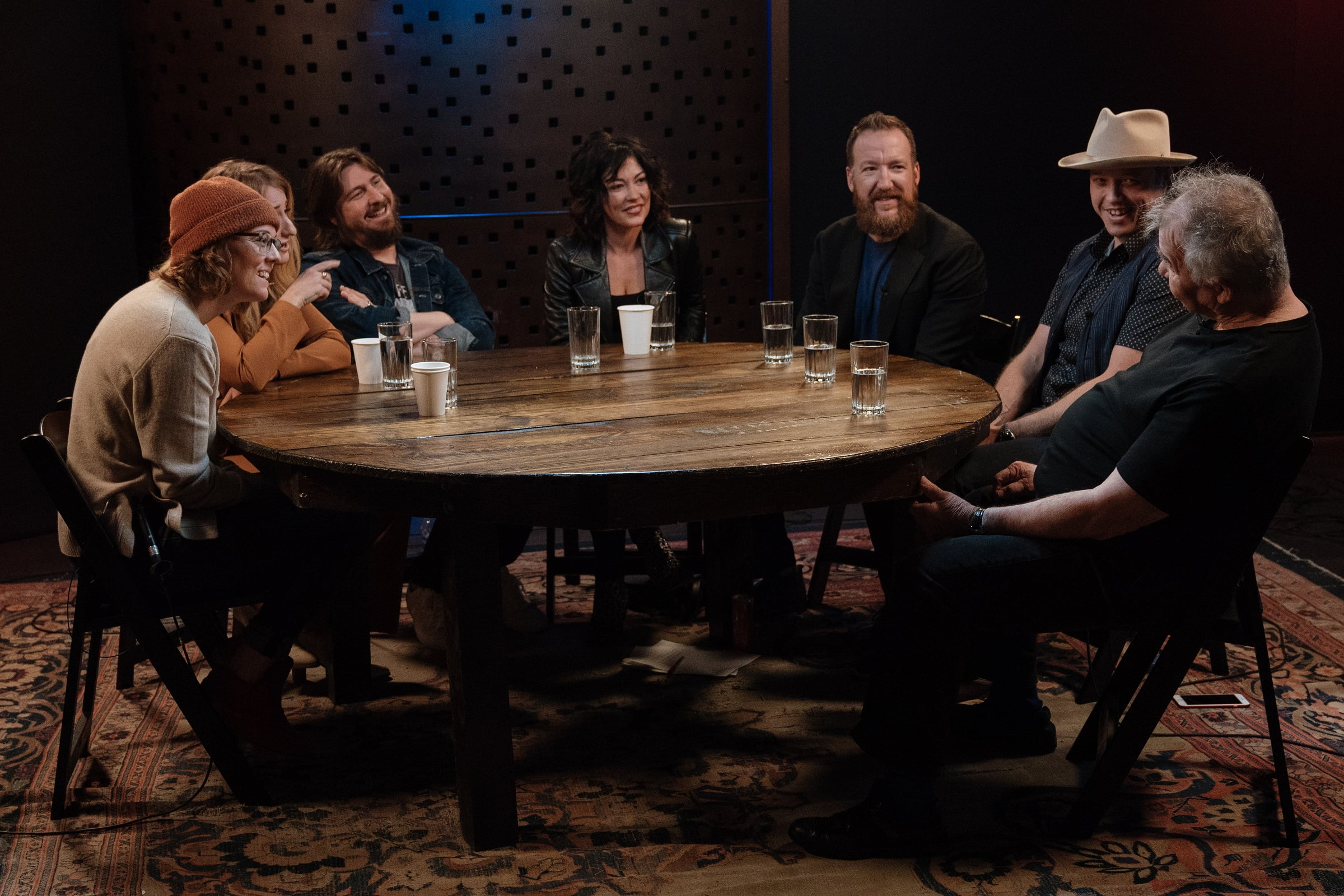Kacey Musgraves’ dominance during Sunday’s 61st Annual Grammy Awards has certainly solidified her place as country music’s newest queer icon. She offered simply stunning, near-perfect performances during the primetime broadcast and took home four trophies: Best Country Solo Performance, Best Country Song, Best Country Album, and one of the most prestigious awards of the night, Album of the Year. So-called “Gay Twitter” devolved into a tizzy as the show unfolded through the afternoon and evening with Musgraves decidedly at the top.
Said Album of the Year, Golden Hour, saw a critical mass of LGBTQ+ fans embracing Musgraves’ music, but her relationship to the broader gay community has been percolating since her debut album, especially given its overt “Follow Your Arrow” message. All combined, her eye for gratuitous-yet-effortless glamour, her acid-steeped, anime-meets-California-meets-trailer park aesthetics, and her singular, pop-influenced countrypolitan sounds are gay country manna from heaven. And it’s not just in the music. This year, she made an appearance as a guest judge on VH1’s RuPaul’s Drag Race All Stars and she routinely advocates for LGBTQ+ fans and their causes on her social media feeds.
To be sure, Musgraves fits the diva-idolized-by-gays criteria impeccably, but there’s a certain passive erasure that can occur when fans consciously or subconsciously become myopic in their praise of and infatuation with straight, cisgendered, female artists. It’s true that Musgraves has played an important role in expanding country music’s borders — musically, socially, and otherwise — but at the same time a burgeoning community of LGBTQ+ writers, artists, musicians, and creators are carving out their own space within country, Americana, folk, and even bluegrass and old-time.
This writer would never go so far as to suggest that one ought not squeal with delight at Musgraves’ fierce-as-fuck costumes, her tear-jerking solo performance of “Rainbow,” or her impossibly long and flowy Cher-callback, bump-it wig. Rather, if you love Kacey Musgraves and Golden Hour — because queer identities can be seen and reflected within her work, because she opens the door to the idea that country isn’t a forbidding place for these identities, and/or because she’s unabashed and unapologetic in her pursuit of these goals — you’re going to love these eleven badass, talented, inspirational, openly queer roots musicians, too.
Time to get stanning:
Brandi Carlile
After last night’s show this name should no longer need mentioning or introduction, as Carlile and her twin collaborators, Tim and Phil Hanseroth, absolutely brought down the Staples Center with one of the most moving performances of the night, the soaring, galvanizing, overtly queer, and now Grammy-winning masterpiece, “The Joke.” Carlile is openly gay, married, a mother of two daughters, and a tireless voice for representation and progress in Americana and its offshoot genres. If “The Joke” resonates with you (i.e. if it makes you sob uncontrollably, as it does this writer), check out “That Wasn’t Me,” “Hurricane,” and, of course, “The Story.”
Mary Gauthier
Gauthier’s latest, Rifles & Rosary Beads, was nominated for Best Folk Album this year and though it didn’t take home the prize, the album has received universal acclaim for its message of hope, empathy, and visibility for members of our armed services and the struggles they face during and after their service. Gauthier collaborated with veterans of the military in writing all of the record’s heart wrenching, honest, raw songs — which might seem counterintuitive given gays’ historically tenuous relationship with the military writ large. But Gauthier’s own life story, and the trials she’s faced, make her the perfect writer to prioritize empathy above all else in these songs.
Don’t sleep on the rest of her discography, though. The simple profundity of her writing is consistently awe-inspiring. Check out “Mercy Now” after you’ve given Rifles & Rosary Beads a listen.
Karen & the Sorrows
Jewish New York City native Karen Pittelman may seem like an unlikely frontwoman of a country band, especially when you factor in her past punk and queercore experiences, but it turns out she grew up bathed in the country compilation albums her father produced and sold for a living. Her voice recalls country mavens of bygone eras — it’s delicate yet powerful, with a pin-up girl quality that’s as subversive as it is natural. Also check out “Take Me for a Ride,” a Pittelman original that plays like a trad-country, queer version of Sam Hunt’s smash hit, “Body Like a Back Road,” but without the cheese.
Little Bandit
All of the hollerin’, barn-burning, hell-raising country soul of your favorite outlaw country rockers, but with lacy gay edges, Little Bandit (AKA Alex Caress, et. al.) is as honky-tonk as it gets. It’s a beautiful balancing act, presenting as an impossibly big-voiced, piano-smashing, charismatic frontman while singing male pronouns without hesitation. He leans into a beautifully paradoxical queerness that equally embraces diamonds, Waffle House allusions, platform shoes, and plain ol drinkin’. If you like it — and you will — check out “Diamonds,” too.
Sarah Shook & the Disarmers
Outspoken outlaws in a crop of alt-country artists who align with that eponymous country movement of the 70s, Sarah Shook & the Disarmers are a road-dogging band that would seemingly fit that mold, excepting Shook’s deliberate efforts to challenge the inherent heteronormativity of country music at every turn. For Shook it’s not necessarily about having a political message, as she put it in a 2018 interview with BGS, “I feel like doing what I’m doing — touring relentlessly, putting out records, and being unapologetically myself — is a very powerful and political maneuver as well… I’ve never been concerned about that because I feel it’s important to be honest and forthright as a human being, and as an artist and certainly lyrically as well.”
Indigo Girls
Both Amy Ray and Emily Saliers — the two halves that make up the absolutely iconic Indigo Girls — have released solo albums in the past year, both of which draw heavily on folk, Americana, and country influences. This should be no surprise to even the most casual IG fans. Banjos, mandolins, ukuleles, and so many other hallmarks of roots music have been integral to the Indigo Girls’ sound all along. But the songwriting, devastating and personal and oh so very real, is the real takeaway from both projects.
kd lang
This list might as well not exist if it excluded kd lang. Before her crossover to more mainstream genre designations, kd pretty much originated the role of badass queer making unimpeachably trad country music that refused to shy away from its queer touchpoints. Just take a look at this video! “Honky Tonk Angels,” sung with Loretta Lynn, Brenda Lee, Kitty Wells, and finally, kd in all of her butch, gender-bending, binary-eschewing glory — complete with a Minnie Pearl cameo! Country has always been (more than) a little queer, y’all.
Lavender Country
A man well, well ahead of his time, Patrick Haggerty (AKA Lavender Country), released his debut, self-titled album in 1973. It was a groundbreaking work, but the world, let alone the country music community and its commercial machine, were not ready for it. A Seattle DJ was fired for playing “Cryin’ These Cocksucking Tears” on the airwaves, only one thousand copies of the album were printed, and the band was relegated to performing exclusively at LGBTQ+ events and programs. But, despite being largely shut out of the industry, Haggerty and Lavender Country never ceased. In 2018, at the age of 74, Haggerty took part in AmericanaFest’s very first queer-focused showcase.
Amythyst Kiah
Amythyst Kiah’s booming, captivating voice, and her haunting, Southern gothic approach to Americana, bluegrass, and old-time set her apart from almost anyone else on the scene at this moment. Her reimagination of Dolly Parton’s magnum opus, “Jolene,” is a perfect example of how she carefully turns tradition on its ear. Based in East Tennessee herself, she draws on the rich musical heritage of the region, adding her own spin, creating space to allow herself to soar. And there’s plenty more soaring in her future, as she has opened shows for artists such as Rhiannon Giddens and Indigo Girls across the country and in Europe, and her collaboration album with Giddens, Allison Russell (Birds of Chicago), and Leyla McCalla, Songs of Our Native Daughters, is set to drop February 22.
Alynda Segarra
Singer/songwriter, activist, and Hurray for the Riff Raff frontwoman Alynda Segarra entrances with The Navigator, a concept project that focuses on the life and times of a fictitious Puerto Rican youth living in New York City. Themes of immigration, identity politics, displacement, disenfranchisement, and capitalistic overreach are threaded throughout the album, which offers its songs as tableaus of this girl’s — Navita’s — reality. It’s a stunning reminder that the intricacies and nuances that define us, and by doing so, separate us, are not so difficult for us to overcome with empathy and understanding. “Pa’lante!” (which translates to “forward!”) is the album’s battle cry, a song that turns utter despondency, grief, and a sore lack of humanity into a glimmer of hope.
Trixie Mattel
While almost all other drag queens who delve into the music scene release dance tracks, rap albums, or similar club-ready jams, Trixie Mattel (AKA Brian Firkus) draws upon her rural Wisconsin roots on two folk-adjacent, country-ish albums, Two Birds and One Stone. (Get it?) This isn’t just an opportunist attempt to punch up Trixie’s Dolly Parton-esque, country barbie aesthetic, she’s really got the chops. Not only is she a talented humorous-while-poignant songwriter, her technical skills on guitar and autoharp (yes, autoharp) are precisely honed to showcase her original music. This is no gimmick — though the Doves in Flight Gibson guitar and the custom, pink d’Aigle autoharp are jaw-droppingly perfect additions to Trixie’s lookbook.
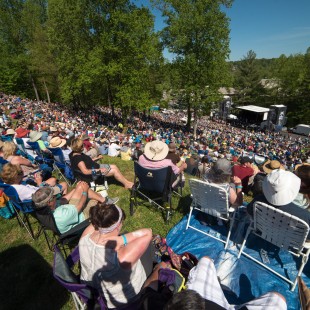
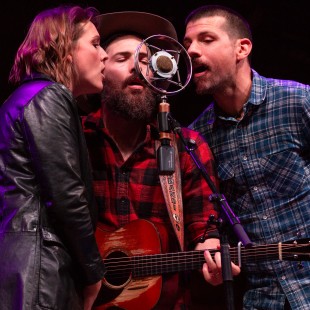
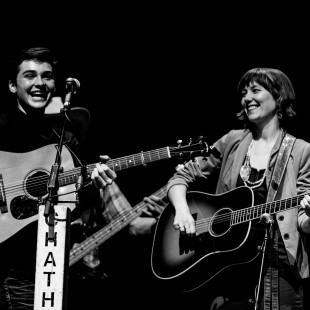
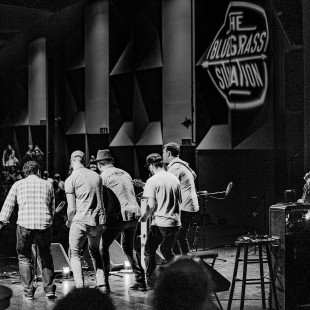
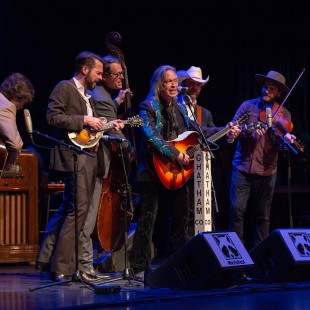
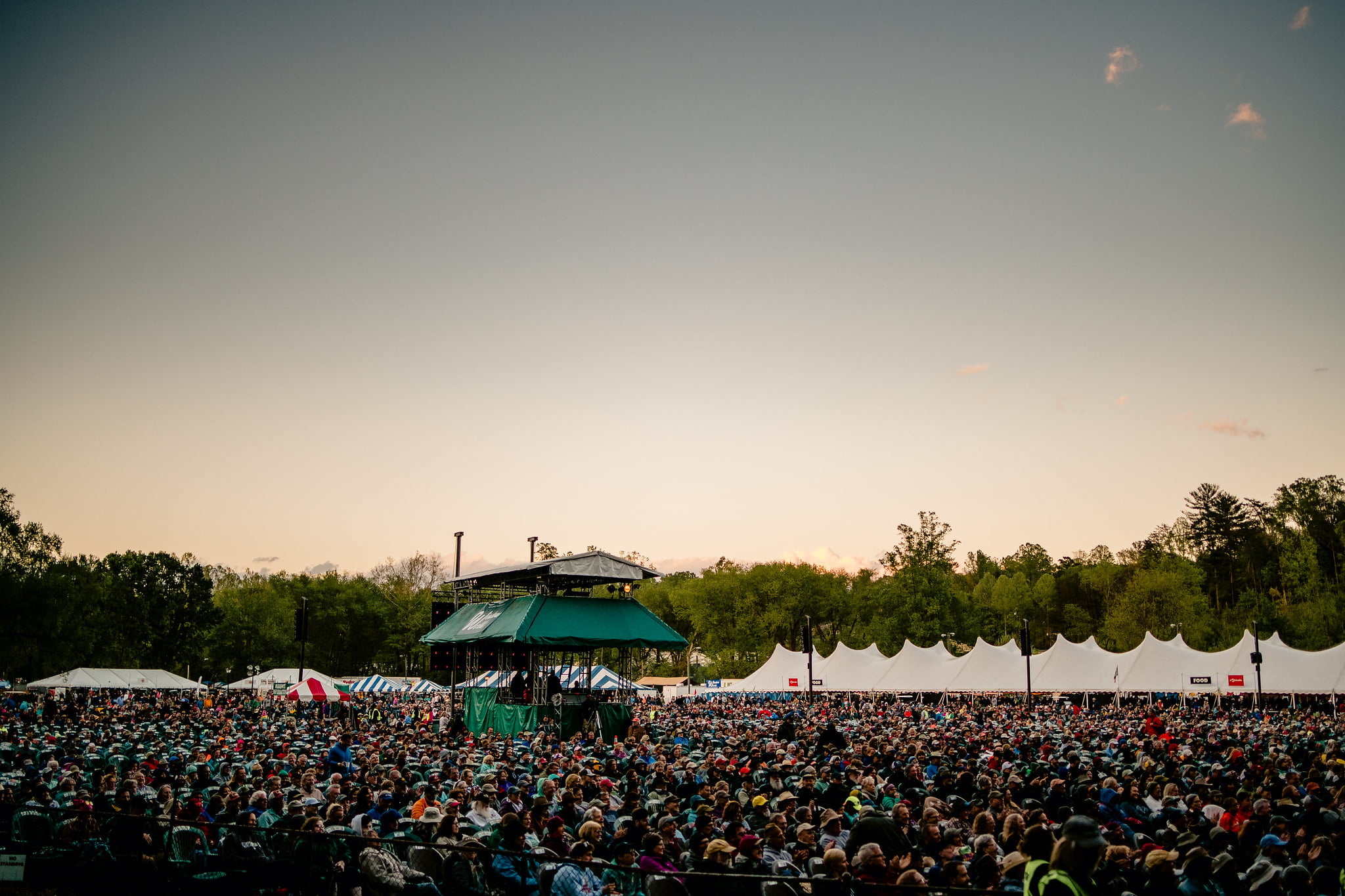

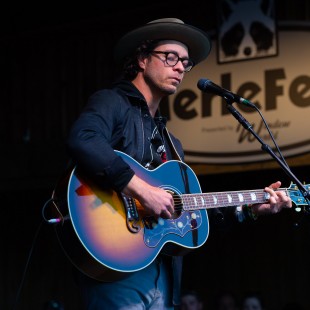
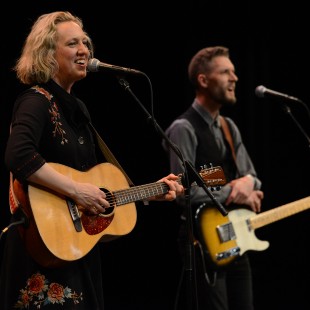
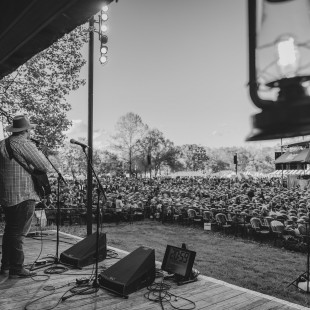
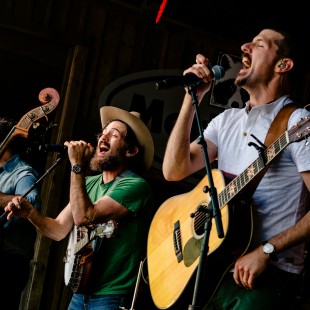
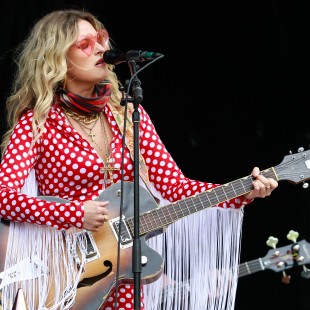

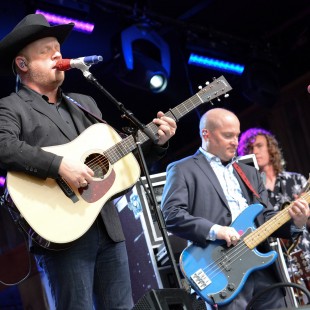
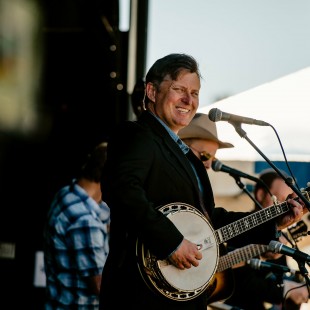
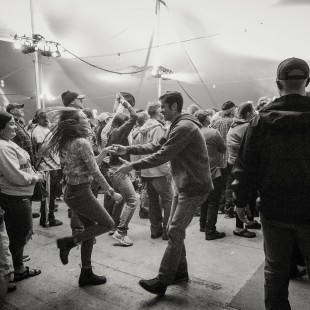
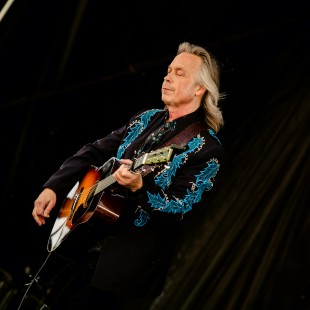
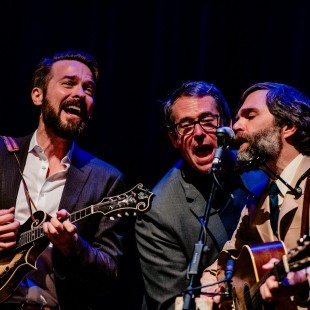
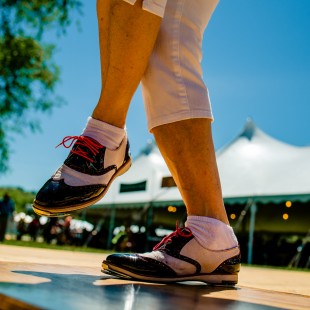
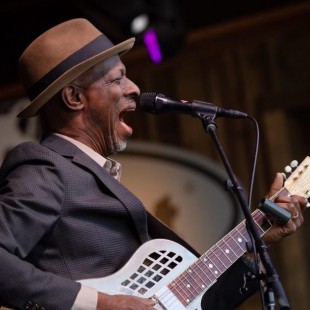
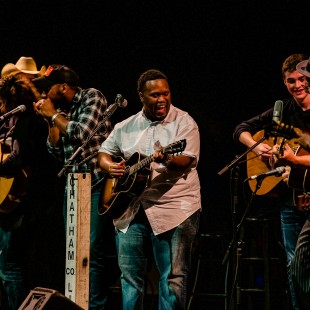
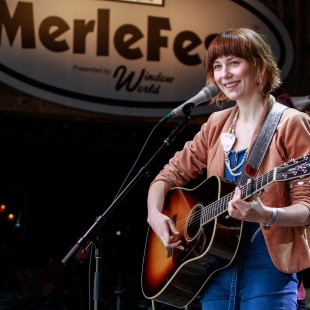
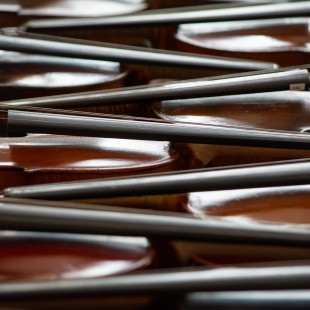
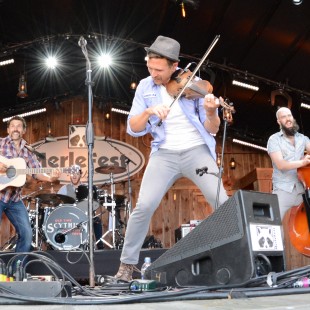
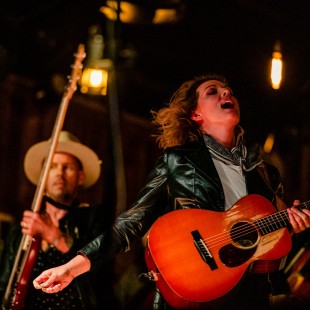
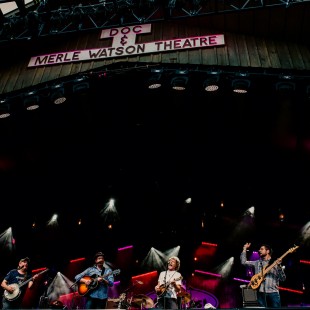
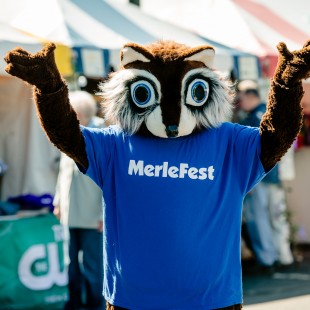
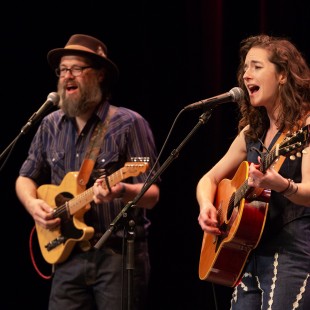
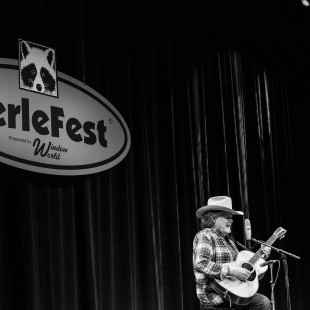
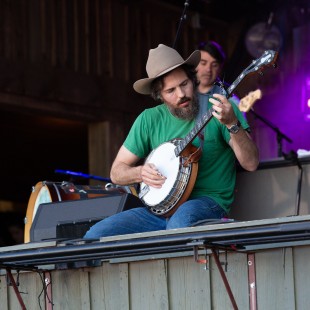
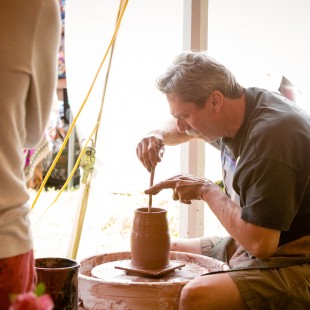
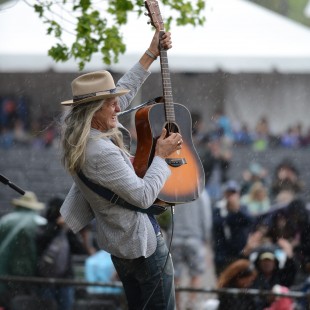
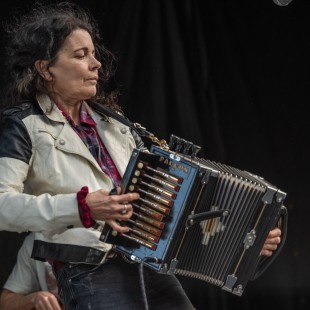

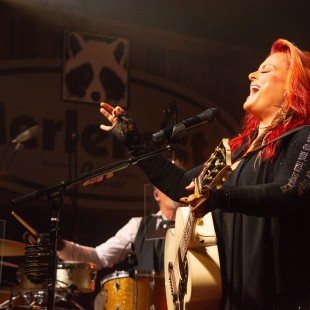
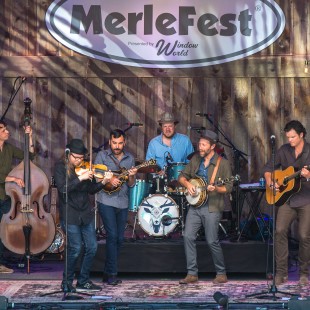
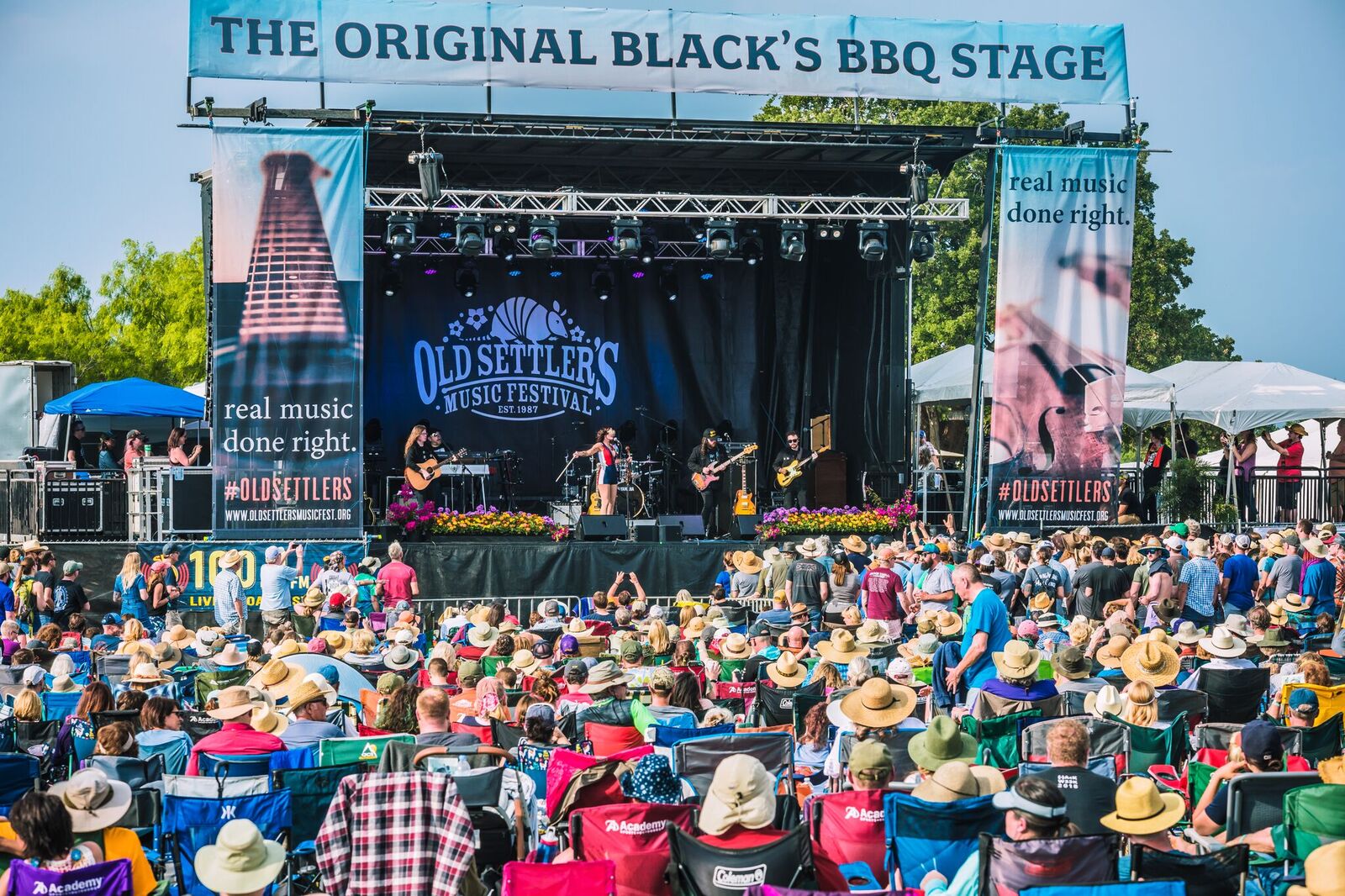





















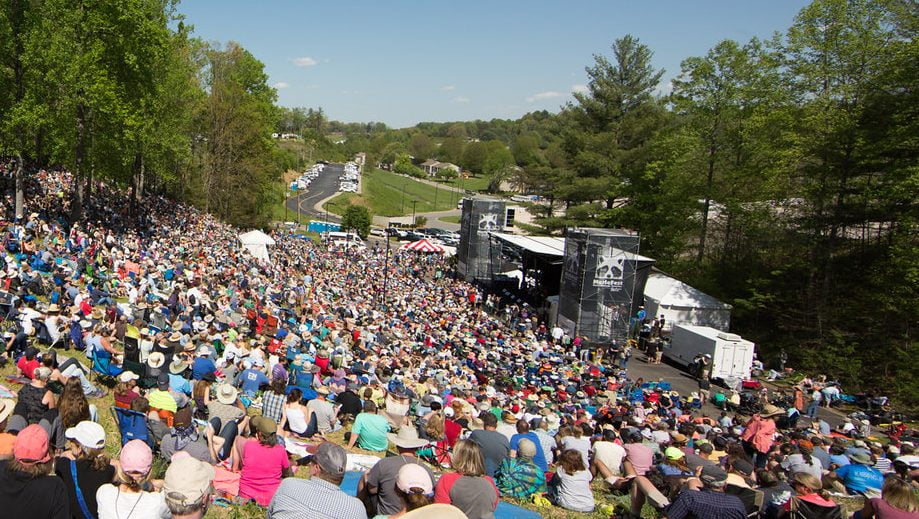
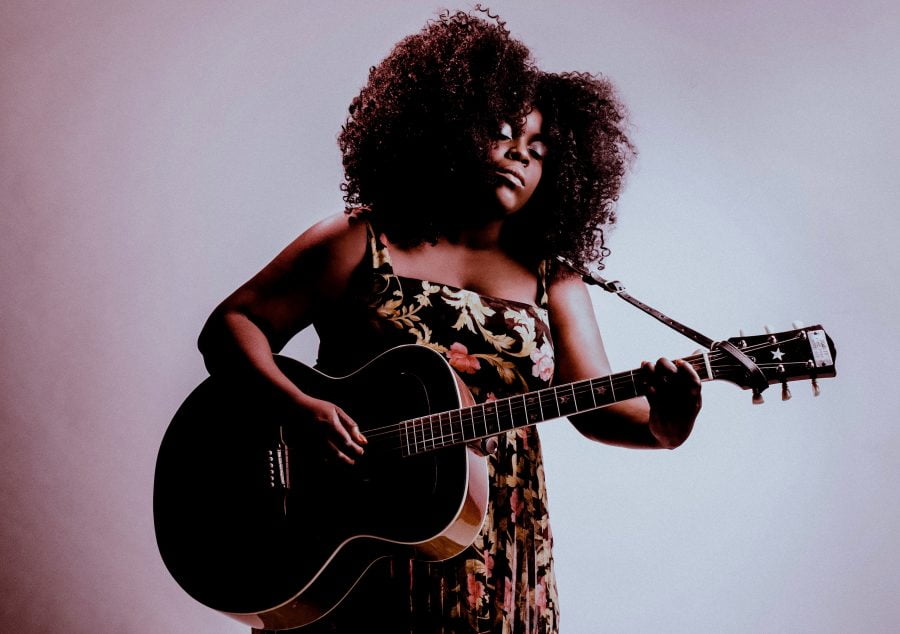
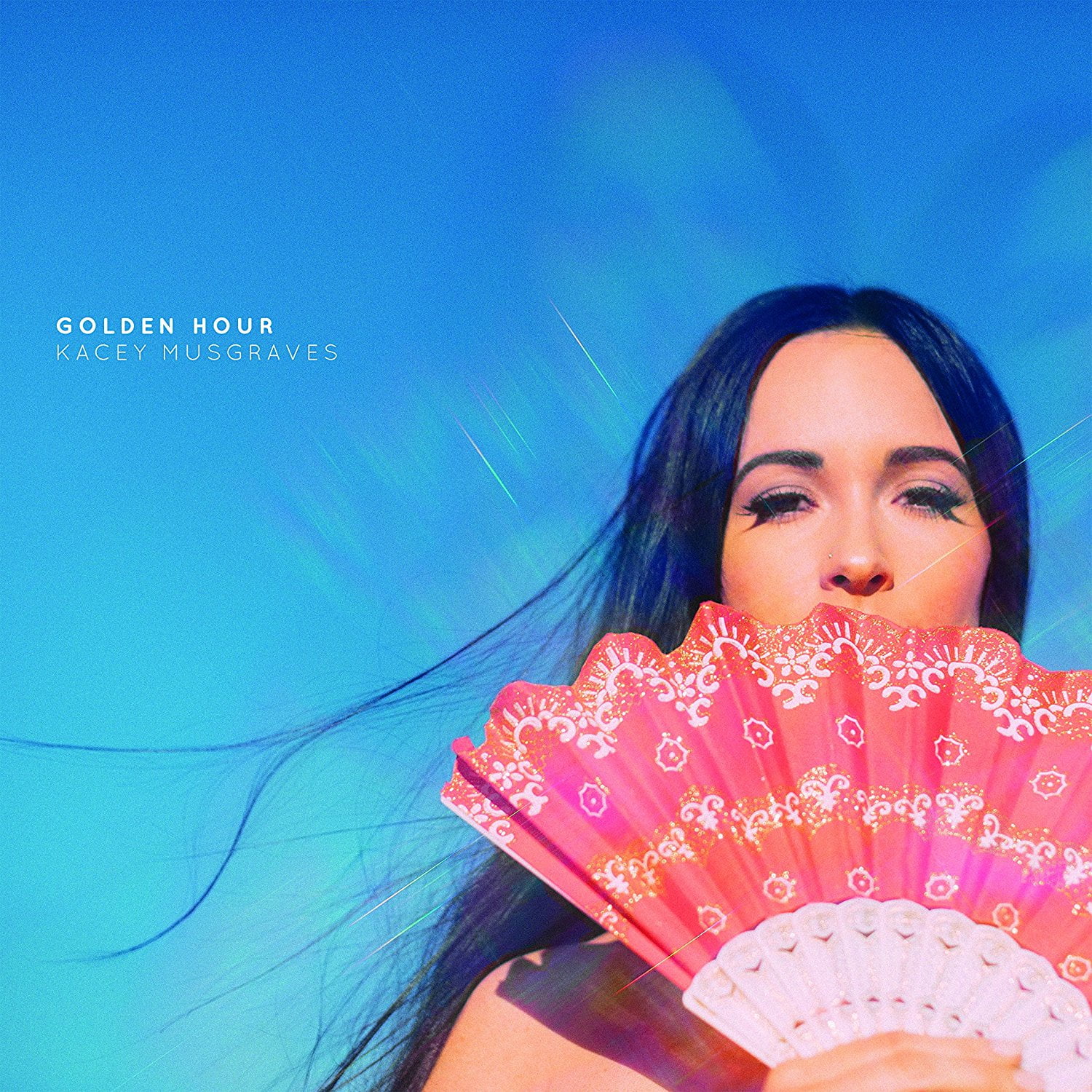
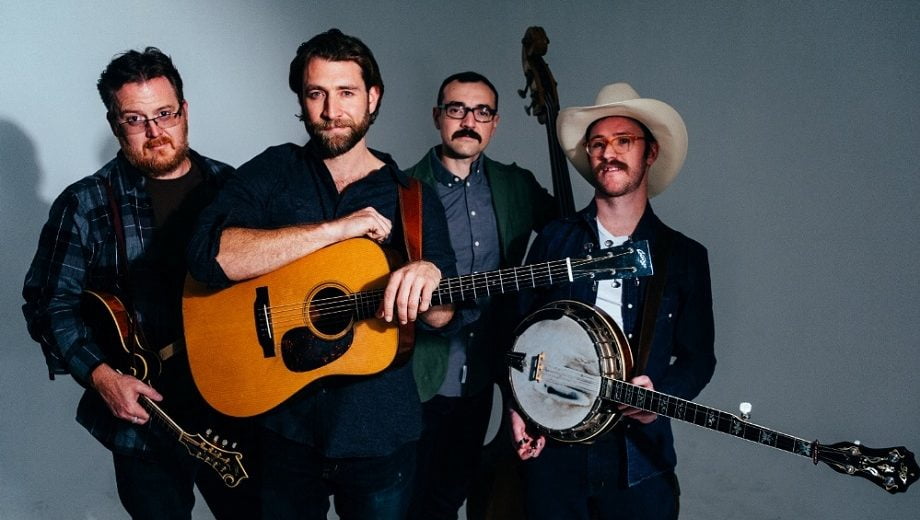
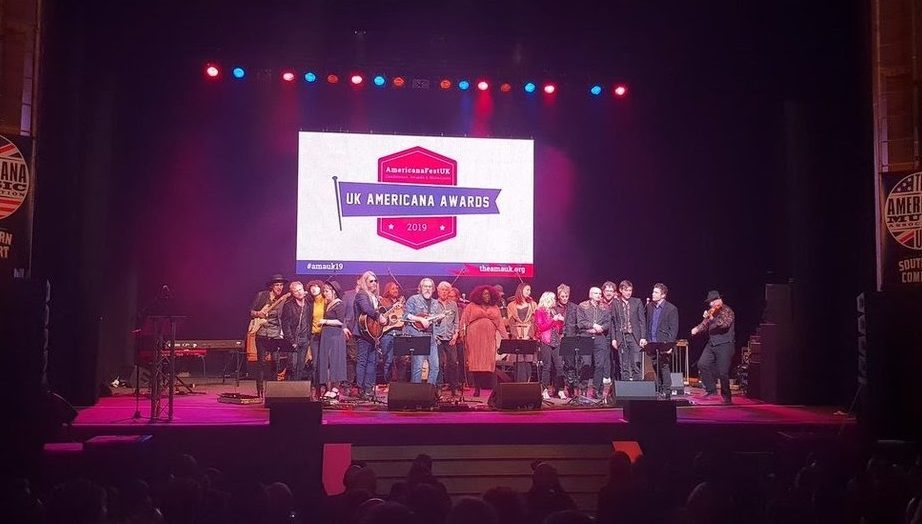
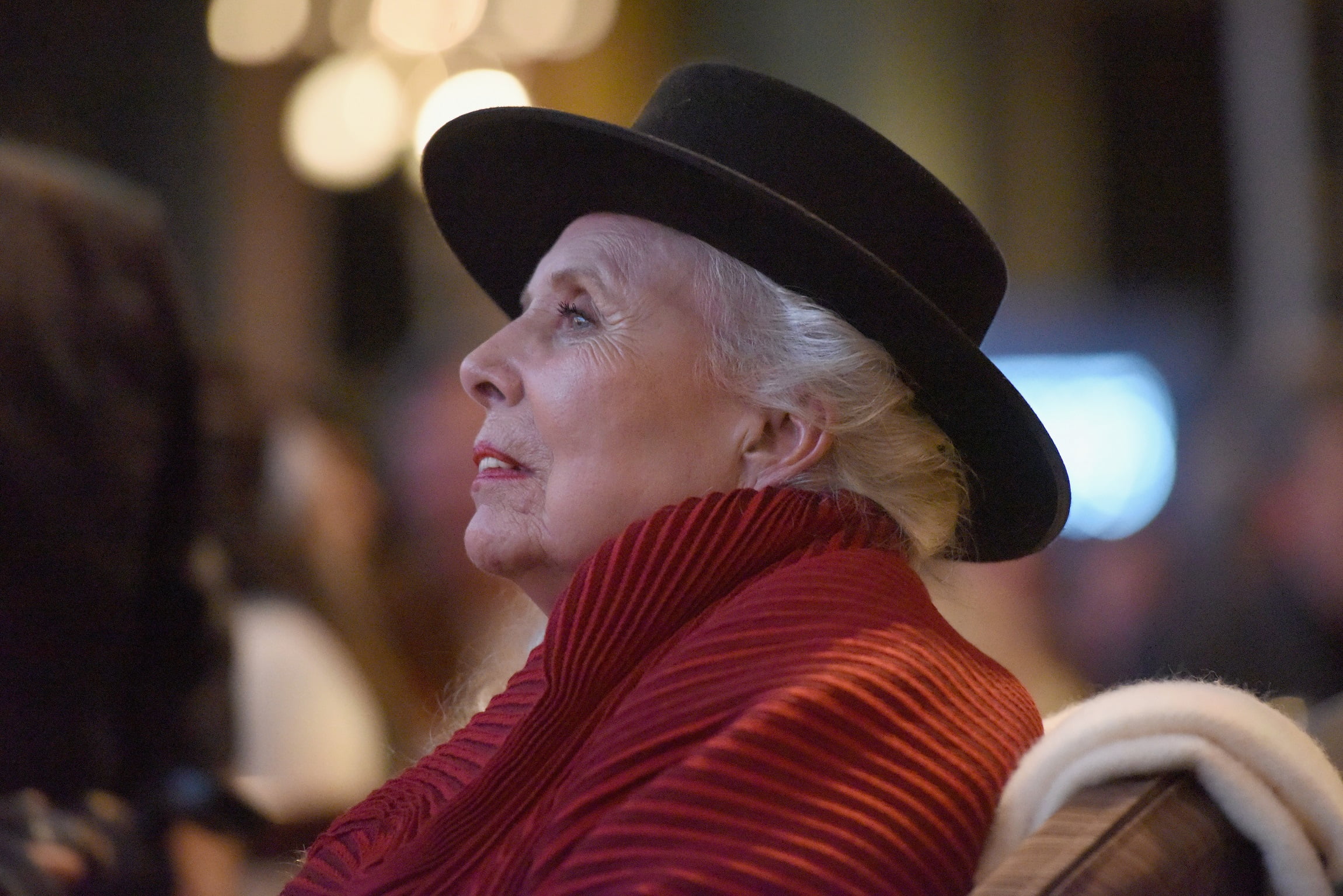
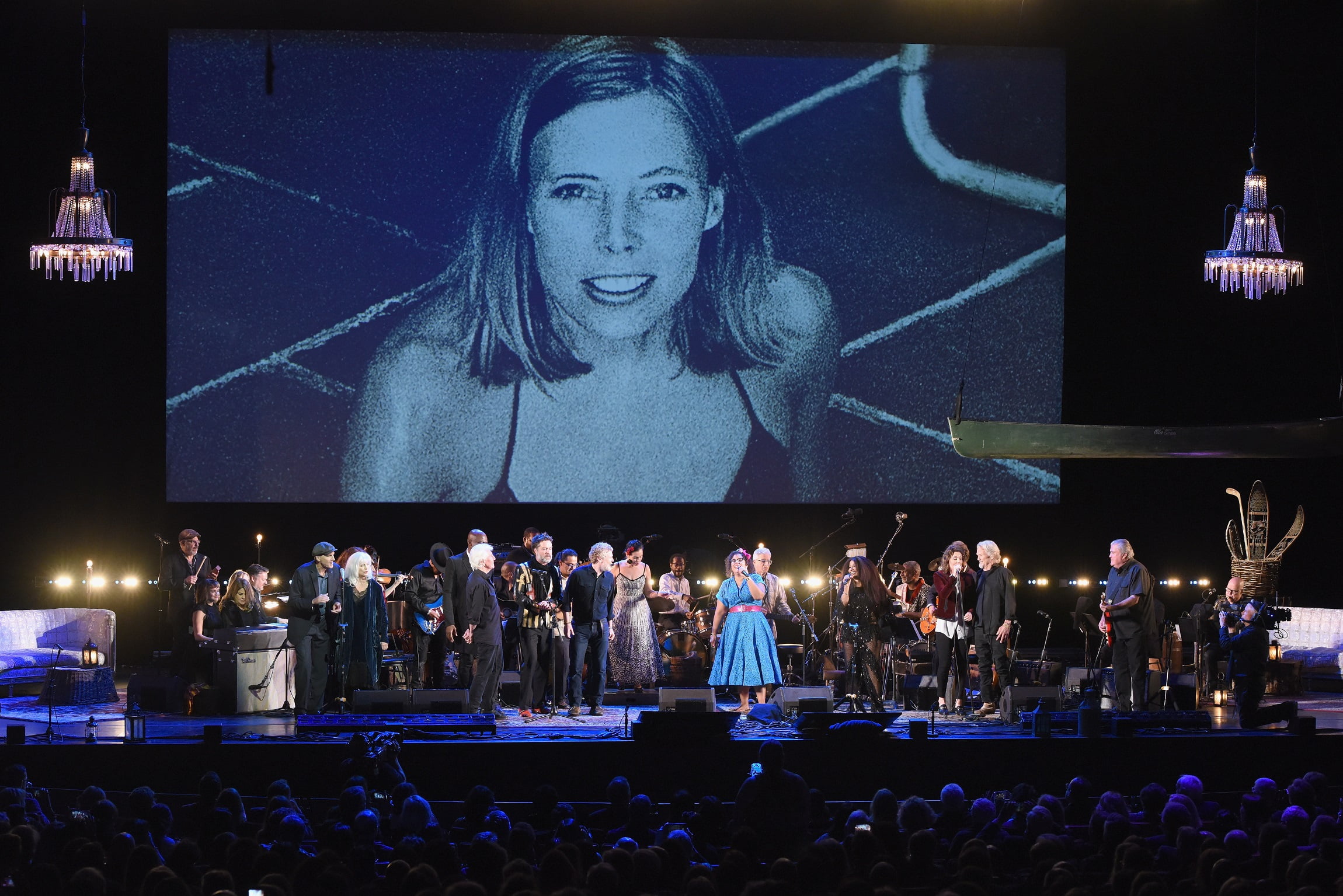 (L-R) James Taylor, Emmylou Harris, Graham Nash, Seal, Rufus Wainwright, Glen Hansard, Louie Perez, La Marisoul, Chaka Khan, Brandi Carlile and Kris Kristofferson perform at Joni 75: A Birthday Celebration Live At The Dorothy Chandler Pavilion.
(L-R) James Taylor, Emmylou Harris, Graham Nash, Seal, Rufus Wainwright, Glen Hansard, Louie Perez, La Marisoul, Chaka Khan, Brandi Carlile and Kris Kristofferson perform at Joni 75: A Birthday Celebration Live At The Dorothy Chandler Pavilion.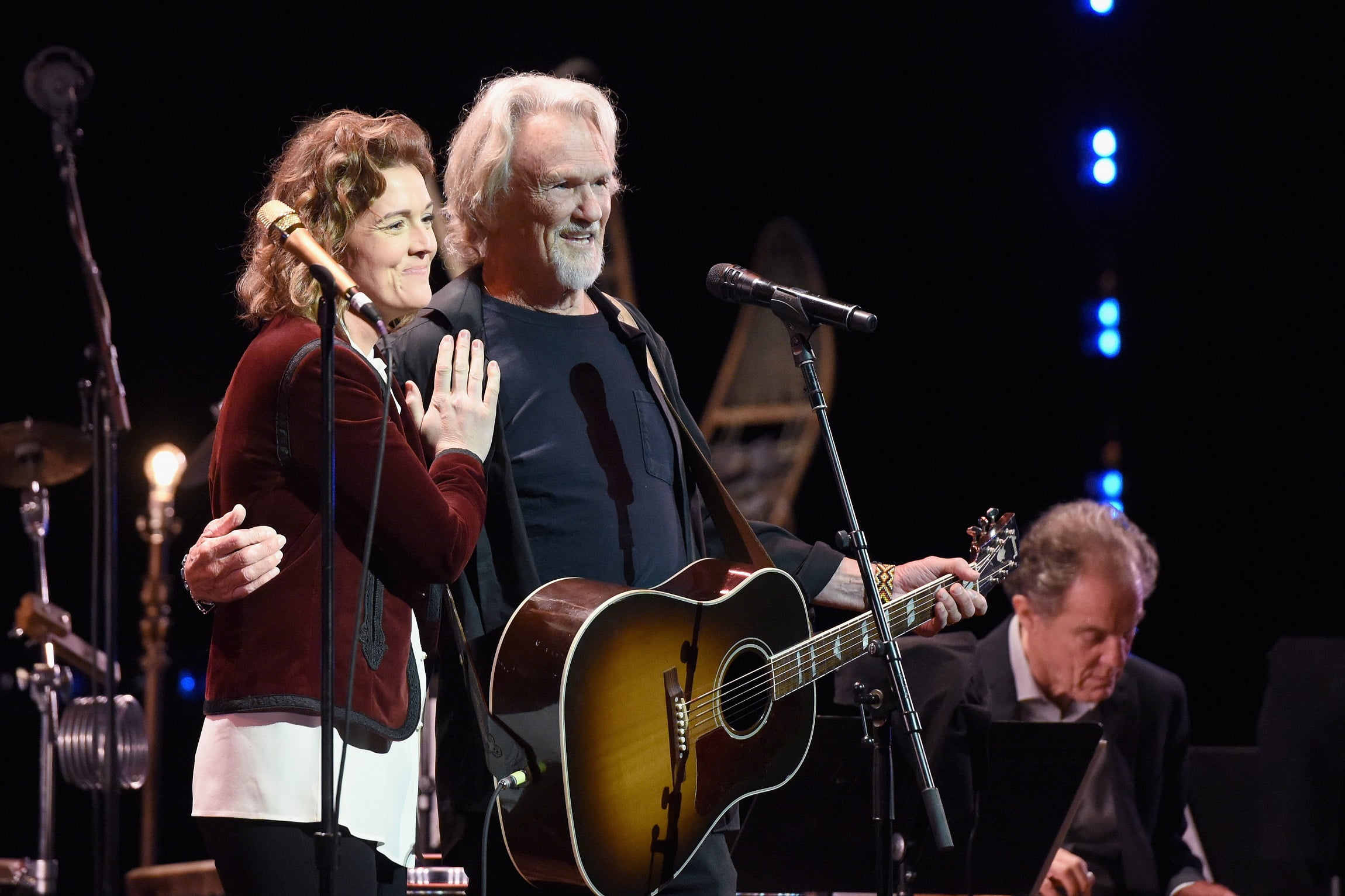 Brandi Carlile (L) and Kris Kristofferson perform at Joni 75: A Birthday Celebration Live At The Dorothy Chandler Pavilion.
Brandi Carlile (L) and Kris Kristofferson perform at Joni 75: A Birthday Celebration Live At The Dorothy Chandler Pavilion.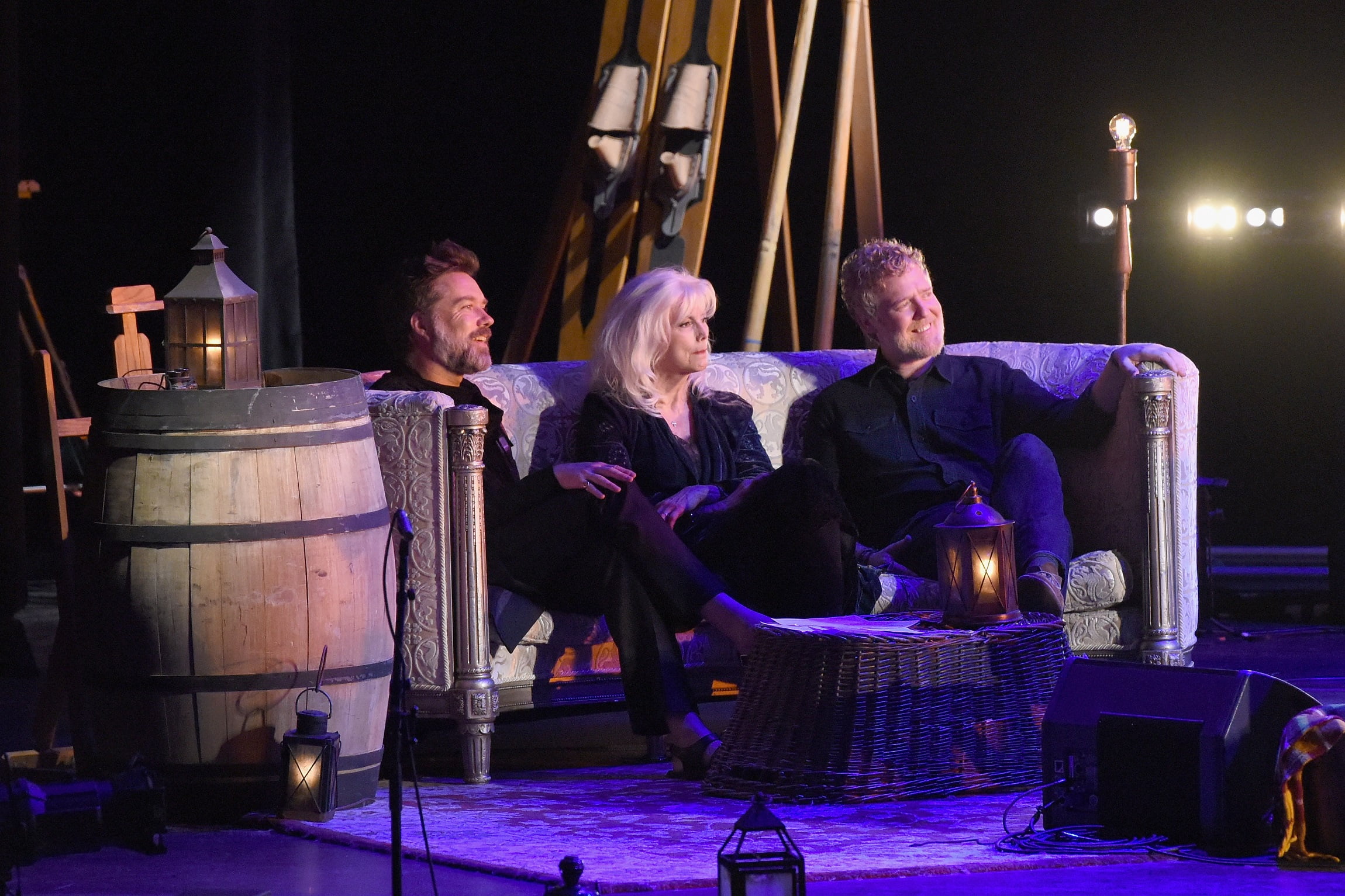
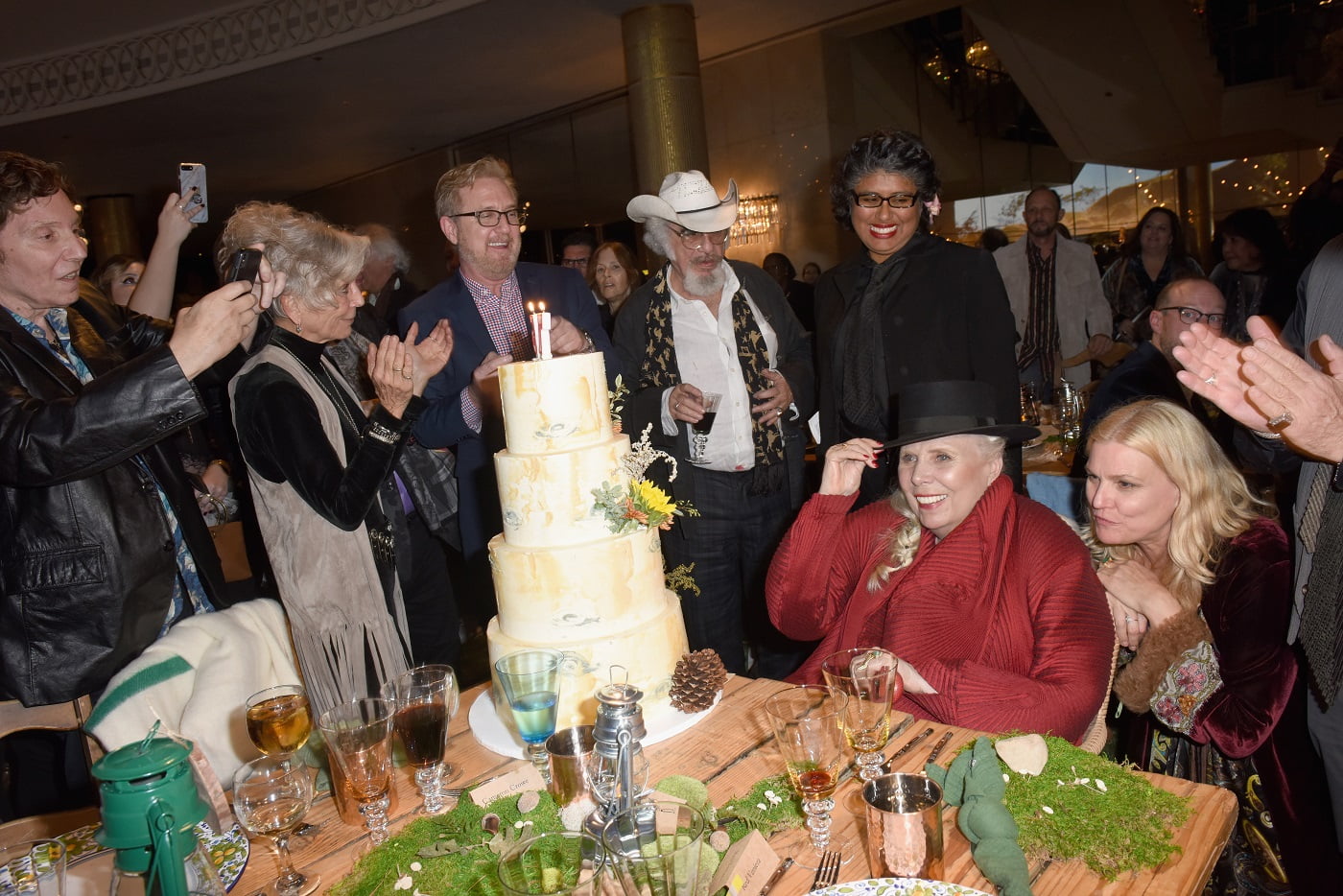 Joni Mitchell (seated) attends Joni 75: A Birthday Celebration Live At The Dorothy Chandler Pavilion.
Joni Mitchell (seated) attends Joni 75: A Birthday Celebration Live At The Dorothy Chandler Pavilion.